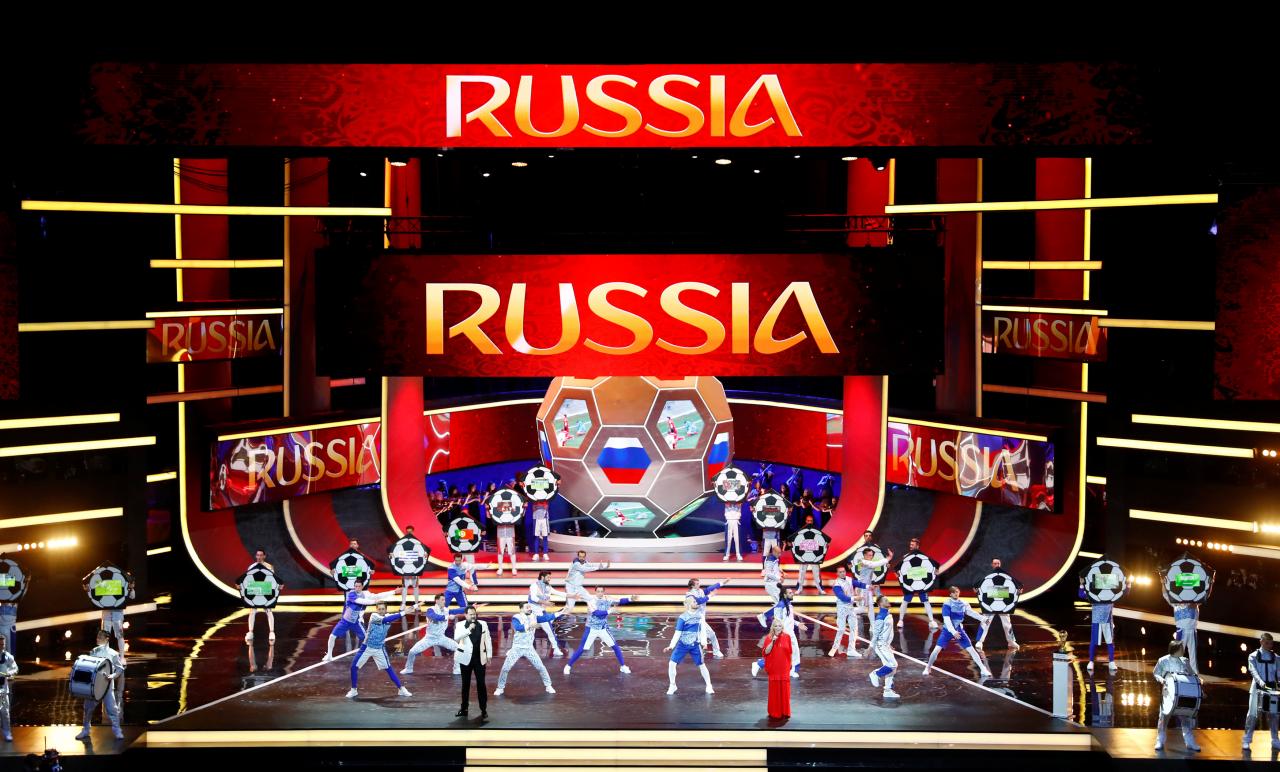By Mark Baber
March 27 – Concerns the fall-out from the Skripal poisoning affair could spill over into the World Cup increased on Monday as Iceland announced its leaders would follow the UK’s lead in boycotting the FIFA World Cup in Russia.
A statement issued by Iceland’s Ministry of Foreign Affairs said: “Among the measures taken by Iceland is the temporary postponement of all high-level bilateral dialogue with Russian authorities. Consequently, Icelandic leaders will not attend the FIFA World Cup in Russia this summer.”
Although the police investigation is ongoing and the OPCW is not expected to report on their analysis of samples taken from the scene of the poisoning of Sergei Skripal and his daughter in Salisbury, the UK government has declared the Russian state “highly likely” to be responsible and has been lobbying hard for diplomatic actions to be taken against Russia.
To date the actions taken by the UK and its allies have been largely confined to expulsions of diplomats, with over 100 Russian officials expelled over the last few days – mainly from the USA and European countries. However, Polish President Andrzej Duda announced last week he would not be travelling to Russia for the World Cup opening ceremony.
Today’s Sun newspaper says that the paper “has been told” that Poland, Denmark, Sweden, Australia and Japan are likely to following the UK and Iceland’s footsteps in “planning state boycotts of the 2018 World Cup in Russia to show solidarity with Britain.”
The UK Foreign Secretary Boris Johnson stated March 15 that he did not support a boycott of the World Cup by the England team saying that: “I don’t want to punish either English fans or the English team, I’ve got to be honest with you. That is not the plan.”
However, comments by Australian Foreign Minister Julie Bishop, raised again the spectre of a sporting boycott as she told reporters yesterday that: “There are a whole range of further options of action that could be taken. The boycott of the World Cup is one of the further actions that could be taken in relation to this matter.”
Boris Johnson has stepped up his anti-Russian rhetoric in recent days, even being accused of insulting the memory of the millions of Russians who died fighting Nazism by comparing the upcoming World Cup with the 1936 Olympics held in Berlin.
However, there is little public appetite for a boycott of the World Cup in England, which has been reflected in comments by England manager Gareth Southgate (who has argued England should definitely participate) and also in media comment which has pointed to the danger England could be excluded from future FIFA competitions if a political boycott was imposed by the country’s leaders.
Russia is certain to respond to the diplomatic expulsions with measures of its own and anti-Russian rhetoric is only deepening in response to the Skripal affair. However, a boycott by sporting teams remains unlikely with the UK’s Culture, Media and Sport Secretary Matt Hancock even conjuring up a somewhat unlikely vision in support of England’s participation, telling TV viewers: “Actually the best response frankly to all of this would be for England to go to the World Cup in Russia and win it. If we won it we would be demonstrating that we have got the best football team in the world and it should be about that.”
Contact the writer of this story at moc.l1713866405labto1713866405ofdlr1713866405owedi1713866405sni@r1713866405ebab.1713866405kram1713866405

